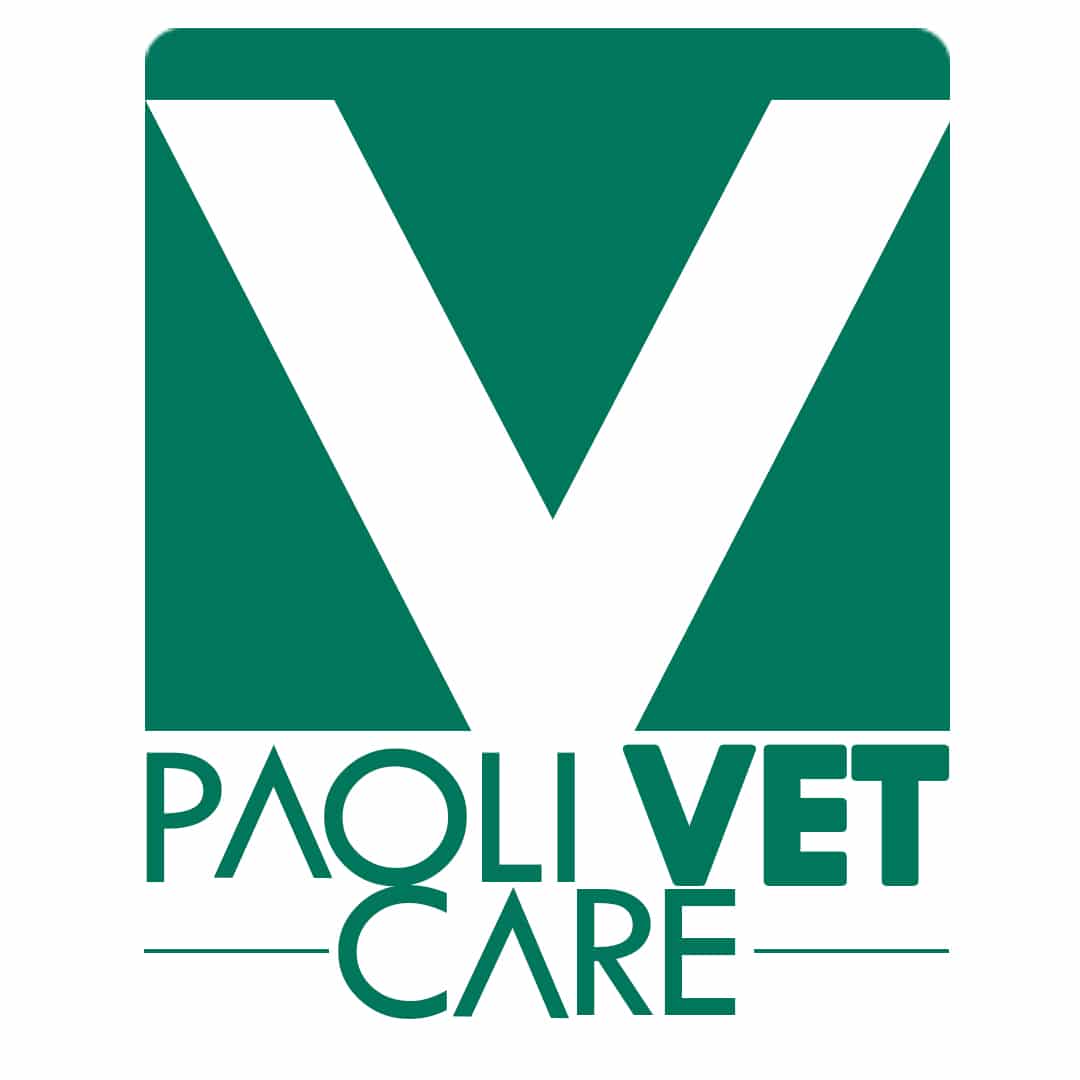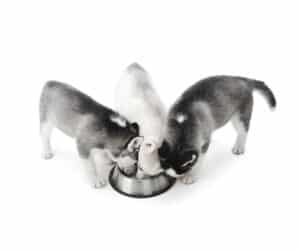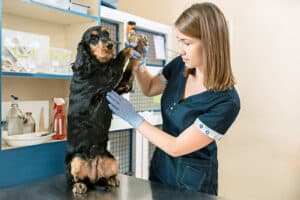A “dental” is a catch-all phrase referring to any procedure involving general anesthesia and the teeth. This includes prophylactic cleaning, extraction of diseased teeth, cutting back overgrown gum tissue, or any combination thereof. Overall, cost depends on how much is wrong.”Prophys” are less expensive than extensive tooth removal. Dentals involve multiple steps, are time-consuming and as a result, are somewhat expensive. Specifically:
1. General anesthesia is always required
2. Pre-op bloodwood and IV fluid used routinely, especially in older pets
3. Dental surgery many times performed – extractions, trimming away overgrown gums
4. Ultrasonic scaling and polishing always performed to clean the teeth. This is a time-consuming operation
5. Medication always administered. This includes medication given at the time of the procedure, such as drugs for pain, antibiotics, and regional nerve blocks. Oral pain meds and antibiotics after your pet goes home.
6. A Dental X-ray may also be required in certain cases
All of these costs can compound and result in costs many times higher than those you have at your veterinary dentist.
Taking Care Of Your Pet’s Dental Health
Table of Contents
One of the biggest aspects of your pet’s overall wellbeing is their dental health. When it comes to dogs especially, dental health is key to their hygiene and daily life. Many dogs will show signs of periodontal diseases by as young as age three.
Brushing your pet’s teeth and giving them dental treats does offset plaque and tartar buildup, but the only way to keep your pet’s mouth truly healthy is to take them to their local veterinarian for a professional dental cleaning.
Is It Worth The Cost?
Why is cat teeth cleaning so expensive?
Feline dental cleaning is more expensive than human dental cleaning for a few reasons. For the cat’s safety, feline dental cleaning requires the use of anesthesia. This means that your cat can have their issues addressed in one visit and the veterinarian doesn’t have to worry about them harming themselves. This also means that while a cat’s dental visit might be an expensive one-time cost, it shouldn’t require repeated visits or appointments.
Cat dental issues can also be more pronounced than human ones and require advanced procedures. These problems need to be identified and addressed and require more than a teeth polishing; a single feline dental procedure typically resolves years of dental issues, not months.
How much does a dog’s dental cleaning actually cost, and is it worth it?
Dog dental cleanings can vary, and are influenced by factors such as the procedure being performed, the complexity of the procedure, how long it takes, and who is performing it. Cleaning can cost between a few hundred and a few thousand dollars, especially if your pet needs oral surgery or other work. Dental cleanings always involve medication, and a pet’s dental cleaning can be time consuming.
On average, a dog’s dental cleaning without tooth extractions can take between forty-five minutes and an hour. It’s a complex process that includes a physical examination, the application of anesthesia, and intubated airways. Your veterinarian cares about your dog’s health first and foremost, and will make certain your pet is relaxed and comfortable. The cleaning process is much more complex than brushing your pet’s teeth at home—it includes the use of an ultrasonic scaler, dental probes, and specialized mouth rinse.
How Often Should My Pet Get Their Dental Cleaning?
It is recommended to get your dog’s teeth cleaned professionally every six months to one year, depending on your animal’s health and your veterinarian’s guidance. Smaller dogs have crowded mouths and more dental problems, and depending on how clean you keep your pet’s mouth at home, they may not have to go as often.
Good indicators of the need for their dental cleaning are bad breath, bleeding gums, and eating difficulties. Sometimes dogs are stubborn, and won’t let you brush their teeth. There are chew toys, dental treats, and sprays, but these are not as effective as brushing.








